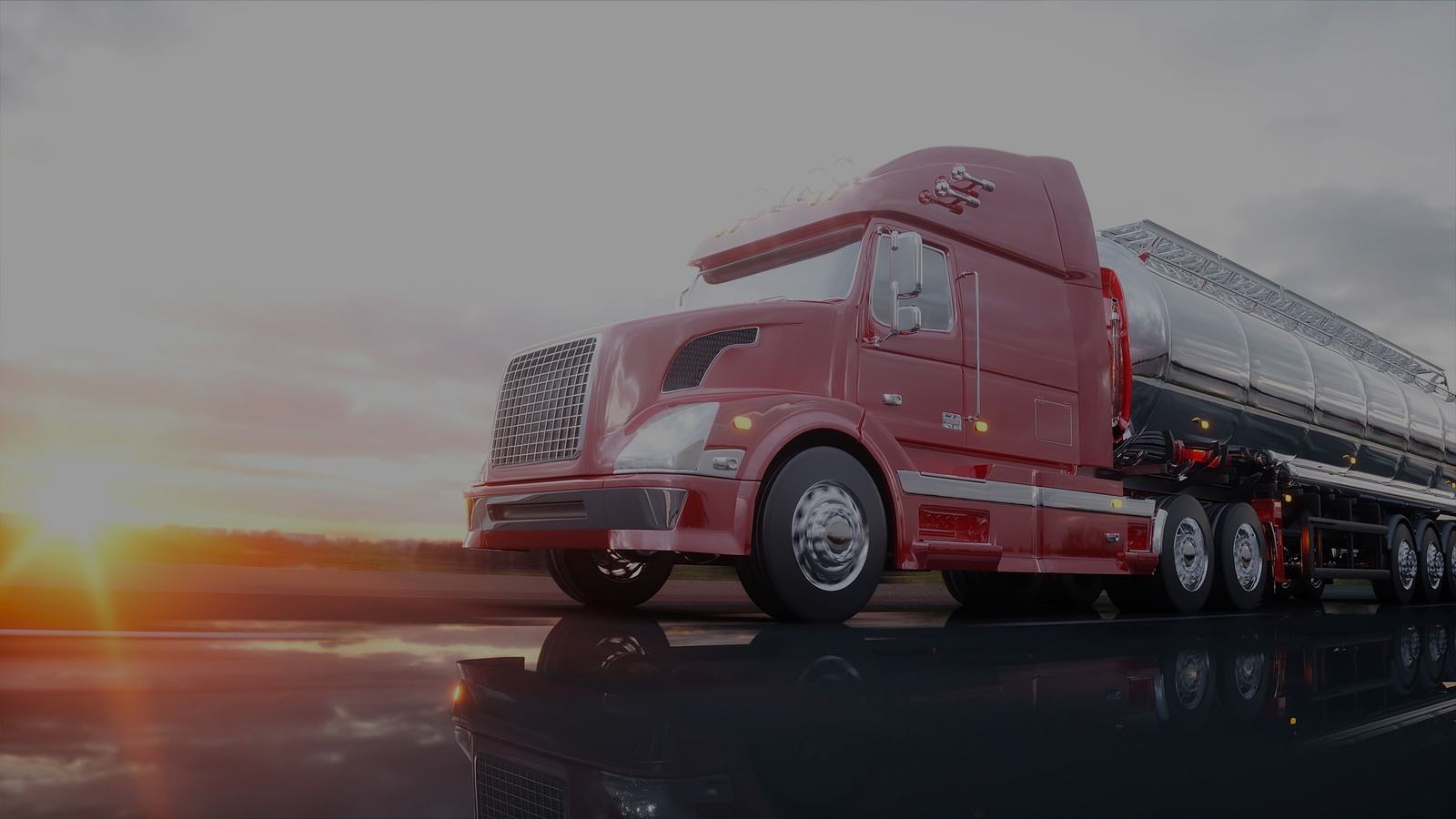If you’re a shipper of products that must be transported in liquid bulk tanks, you know that tanker truck drivers are particularly hard to come by in this driver-starved trucking market. In this article, we’ll take a closer look at the tanker truck driver shortage and tell you how a 3PL provider can help mitigate it.
Why are tanker truck drivers hard to find?
 The primary cause for the current driver shortage is that more truck drivers are leaving the profession than joining it. There have also been COVID-related factors such as personal illness, exposure to infected persons (i.e., quarantining), home and childcare responsibilities, and trucking carrier business closures.
The primary cause for the current driver shortage is that more truck drivers are leaving the profession than joining it. There have also been COVID-related factors such as personal illness, exposure to infected persons (i.e., quarantining), home and childcare responsibilities, and trucking carrier business closures.
On top of this, new FMCSA regulations related to drug use have reduced the driver pool even further.
When you consider that tanker drivers are just a small, specialized subset of all drivers, you can see why the shortage of these drivers seems more severe. If there are fewer drivers, the pain will be more acute in modes like tanker trucking which have lower numbers of drivers to begin with.
This shortage has coincided with significant leaps manufacturing volumes throughout 2021. More product to be moved, with fewer tanker truck drivers to haul it.
So, just how bad is the tanker truck driver shortage?
The following are some sobering statistics from Freight Waves.
- According to the National Tank Truck Carriers (NTTC) industry trade group, there has been a 42% reduction in qualified liquid tanker driver applicants since 2019
- The NTTC estimates that between 20% and 25% of all tanker trucks are not currently being utilized because of a lack of qualified drivers
It’s important to note that not just any driver can quickly become a tank truck driver. There are special CDL endorsements and, typically, a Transportation Worker Identification Credential (TWIC®) that are required for tanker drivers. In terms of CDL endorsements, drivers of liquid hazmat will typically need both the tanker endorsement (N) and the hazmat endorsement (H). These can be combined into a single “X” CDL endorsement. As for TWIC, it is required by the Transportation Security Administration (TSA) for drivers who wish to enter ports and government facilities.
Drivers that have these endorsements as well as tanker truck experience are typically among the higher paid truck drivers. So, there is less of a risk of tanker truck drivers leaving for other modes of transport. There is just currently an inadequate number of these drivers to keep up with demand.
Turn to a 3PL for tanker truck capacity
As you continue your search for liquid bulk capacity, you’re likely calling carrier after carrier and hearing the same story: no capacity due to a lack of drivers. On the off chance that you can find a carrier in your lane, you’ll then need to thoroughly vet that carrier before you entrust your load to it.
By working with a 3PL freight broker like Bulk Connection – one that specializes in bulk freight – you can leave the questions of capacity and vetting to a true liquid tank expert.
For capacity, Bulk Connection has one of the largest networks of bulk carriers in North America. So, no matter what you’re shipping and where you’re shipping it, we are likely to have a carrier that can haul it. Better still, we will likely have relationships with multiple qualified carriers – an invaluable benefit when capacity is tight.
We don’t just hand your freight off to any carrier, however. Every carrier in our network has been fully vetted by a dedicated internal team and is continually monitored for on-time performance, as well as safety and other performance metrics. At a minimum, the vetting process involves the following carrier information:
- Operating authority
- Motor carrier number
- Federal I.D. number
- Insurance information
- Hazmat information and TSA certification (if applicable)
- Driver endorsements (hazmat tank truck drivers, for instance, will need both the tanker and hazmat endorsements)
- Research regarding citations or judgments against the carrier and/or its drivers
It is, of course, possible to vet carriers yourself. But it is a time-consuming and labor-intensive process. And the more carriers you need to vet, the tougher it is to acquire this information and keep it current. Further complicating matters, there are always new carriers entering the market, carriers leaving the market, and carriers merging.
At Bulk Connection we ensure that only the most qualified carriers ever receive one of our loads. When this thorough vetting process is combined with our knowledge of tanker truck equipment and customer product – knowledge obtained through over three decades in the bulk freight industry – the result is safe and reliable transport for your valuable products. To learn more about partnering with a true bulk freight expert, contact Bulk Connection today.




